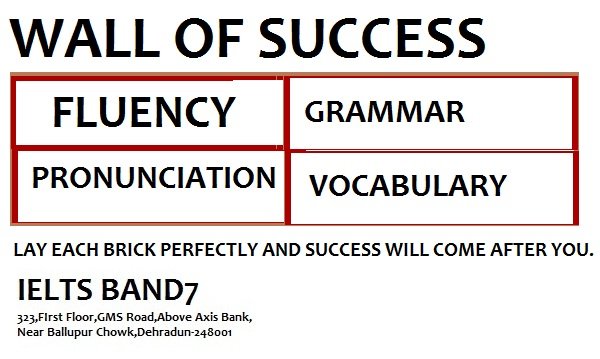Nobody wants to sound like a textbook speaker, right? The formal expressions from the English books are completely different from how people actually speak in English! Now, although speaking in English might sound like a lofty goal, there certainly are several things that you can do achieve this feet!

- Be better understood by native speakers – The more you speak like a native speaker, the better it will be for you to connect with them. You have to worry so much less about misunderstandings!
- Confidence at work – It is much easier for people to feel more confident when you are speaking like a native speaker. So, imagine you working with a group of 10 people who all are native English speakers if you somehow gel-like them, it is going to be an added bonus!
- More job opportunities – People who can speak like native English speakers tend to have more job opportunities coming along their way when compared to others!
To work on that, there is this one thing you need to remember, it is not easy so you need to be patient with yourself.
THE MOTIVATION
You can know everything about it, but the first rule is motivation! Do you seriously want it? Are you sure you want to be like a native speaker? Do you have the passion? Well, if you have, then we are talking!
- REPEAT – Repeat, the words, phrases used by the native speakers and try to use them again and again in your daily conversation! If it is possible for you then go talk with the foreigners, break that jinx, get comfortable and very soon you will be there!
- VOCABULARY – The essential part of any language is Vocabulary. The better you are at the vocabulary of a language, the better it is going to be for you! So, buck up and learn the vocabulary. Now, when learning the vocabulary, make sure that you learn it through context. So, you need not to just learn the words, but the idea behind it!
- THE SMARTPHONE – Do not tell me or anyone that you do not have a smartphone or have no idea about internet. Because come on, you are living in the 21st century and you definitely do know it, right! So, use it! There are plethora of applications for Vocabulary in your smartphone and then there are so many of websites you can learn Vocabulary and build it faster.
THE NEXT STEP
Once you have the motivation part done, you are pumped up, into the mood, follow some more of these and sound like a native speaker!
- Connect Words- When a native speaker speaks, they tend to connect some words and speak them together. This is exactly, how you do as well, right? For instance, if one-word ends in a consonant and the next word begins in the consonant, one simply drops the first consonant. Example- black coffee, in this a native speaker would rather say “blacoffee”. This is helpful in the listening section.
- Squeeze Words – When speaking words, native speakers tend to bend in the different syllables and pronounce them together. For example, comfortable is rather pronounced as comf ta bl.e.
- Squeeze Letters- This happens for some letter such as country, hundred, did you. The dr in hundred is spoken as jr.
- Learn English Idioms – You know the sarcastic comments that you make when speaking your native language right? They make conversations interesting. So, go out and learn the English idioms and try using them.
- Listen – Well, there can not be anything more better than this, listen! To be a better writer, read more, and to be a better speaker, listen more! If you want to sound like a native speaker, try listening more to native speaker. Grasp the words they are speaking. You can check out bbc podcast for that as well.
So, go on listening to individual words, native speakers and go out do dictation. You can even listen to English songs or podcast by BBC, or other different audios in English to get a hang of it. Remember, the more you practice the better it will be.
Images courtesy – unsplash.com
IELTSBAND7


